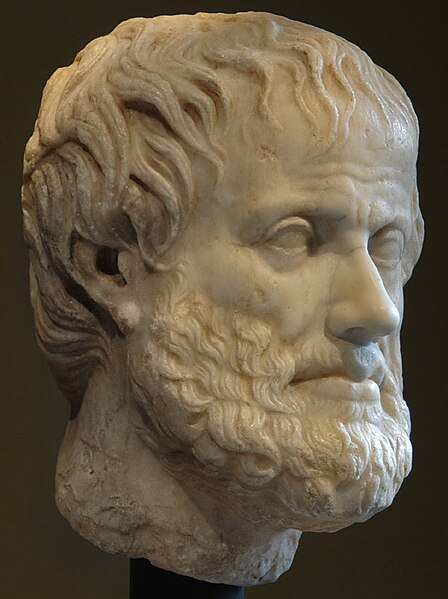In ethical philosophy, utilitarianism is a family of normative ethical theories that prescribe actions that maximize happiness and well-being for the affected individuals. In other words, utilitarian ideas encourage actions that ensure the greatest good for the greatest number. Although different varieties of utilitarianism admit different characterizations, the basic idea behind all of them is, in some sense, to maximize utility, which is often defined in terms of well-being or related concepts. For instance, Jeremy Bentham, the founder of utilitarianism, described utility thus:That property in any object, whereby it tends to produce benefit, advantage, pleasure, good, or happiness ... [or] to prevent the happening of mischief, pain, evil, or unhappiness to the party whose interest is considered.
Jeremy Bentham
Peter Singer
Ethics or moral philosophy is the philosophical study of moral phenomena. It investigates normative questions about what people ought to do or which behavior is morally right. It is usually divided into three major fields: normative ethics, applied ethics, and metaethics.
According to Aristotle, how to lead a good life is one of the central questions of ethics.
According to discourse ethics, as formulated by Jürgen Habermas, moral norms are justified by a rational discourse within society.
Philippa Foot was one of the philosophers responsible for the revival of virtue ethics in the 20th century.
The practices of compassion and loving-kindness are key elements of Buddhist ethics.






